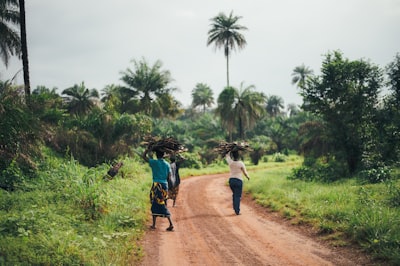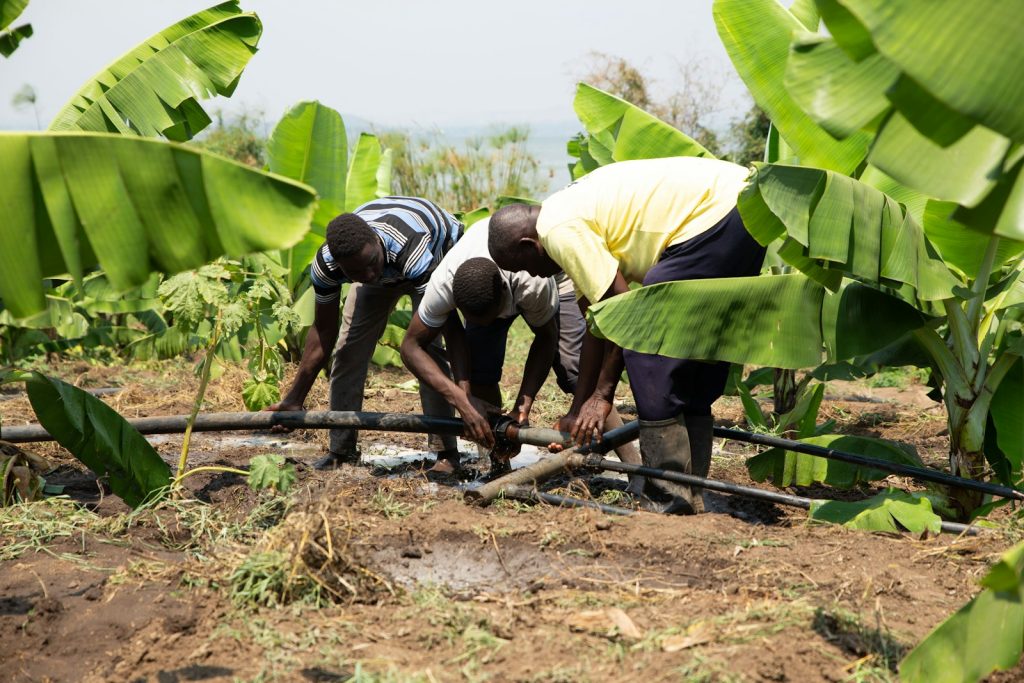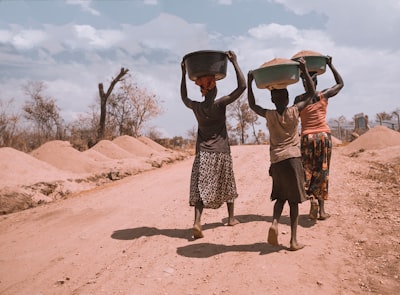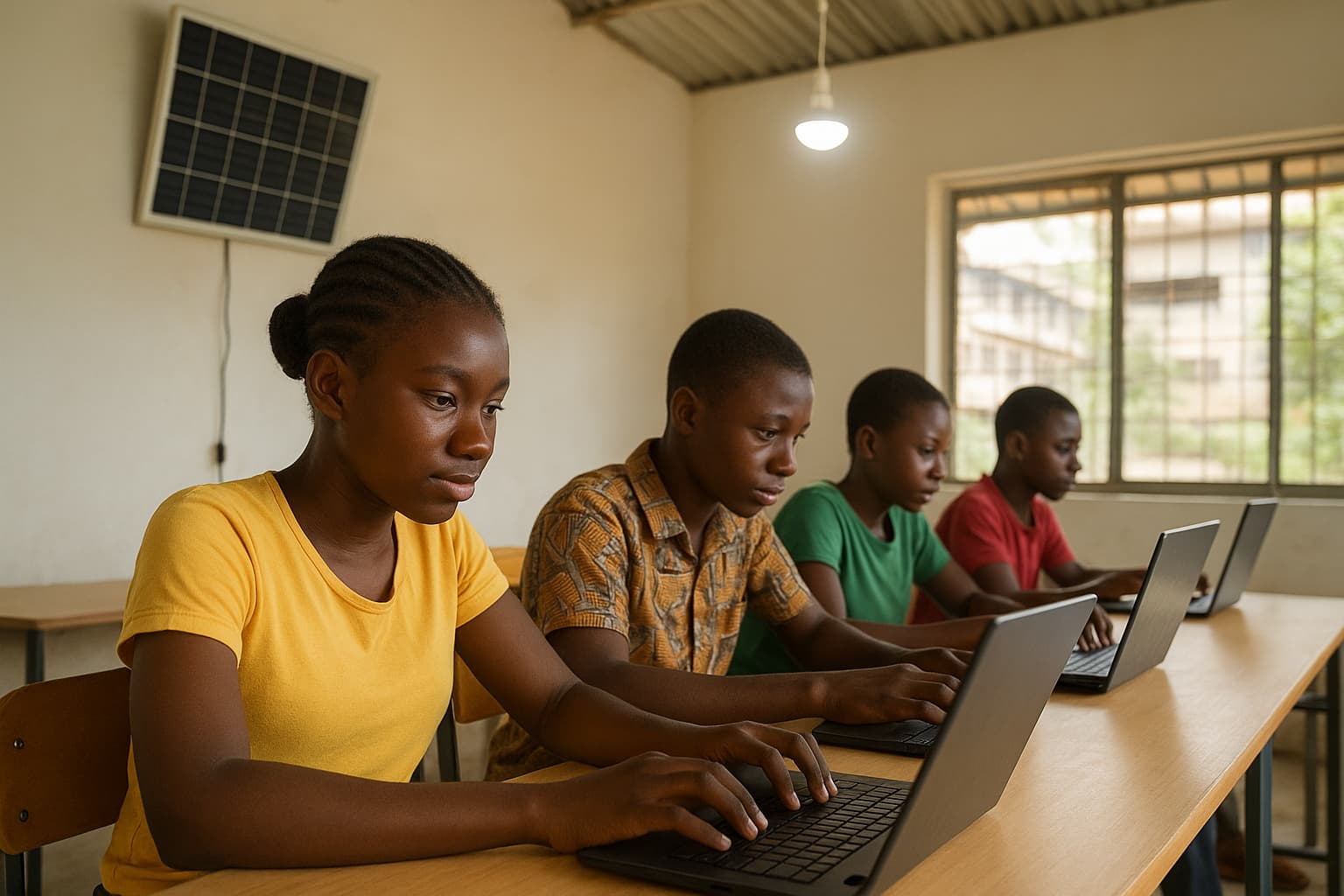The escalating rivalry between the United States and China over trade and strategic resources has brought Africa’s critical minerals to the forefront of global diplomacy. Former U.S. President Donald Trump’s renewed emphasis on mineral diplomacy, targeting rare earths and strategic resources, presents a unique opportunity for African nations—if seized with foresight, structural reform, and a commitment to equitable development.
Global Tensions Spotlight Africa’s Mineral Wealth
As tensions between Washington and Beijing intensify, particularly over access to clean energy technologies, the demand for minerals like cobalt, lithium, manganese, and rare earth elements has surged. These are the building blocks for electric vehicles, solar panels, and other green technologies vital to the global energy transition. Africa, which holds vast untapped reserves of many of these resources, now finds itself in a position of strategic importance.
Trump’s Legacy and the New Mineral Race
Trump‘s policies, though controversial, included laying the groundwork for reducing U.S. dependency on Chinese mineral supply chains. This policy thrust continues to shape U.S. foreign policy under subsequent administrations, and Africa is increasingly seen as a viable alternative source. Recent U.S. diplomatic missions and trade initiatives have signaled an intent to secure direct access to African critical minerals, often framed within a broader effort to counter Chinese influence across the continent.
Africa’s Leverage and Risks
While the continent has long been treated as a resource supplier to external powers, the current geopolitical climate offers an unprecedented chance to change that dynamic. However, the benefits of this opportunity are not guaranteed. Without a coherent, continental policy approach—anchored in good governance, sustainable infrastructure, and local value chains—Africa risks remaining a passive player in a global tug-of-war. The history of extractive dependency must not be repeated.
Green Industrialisation Requires Policy Backbone
To truly harness this moment, African governments must move beyond raw material exports and push for mineral processing and green technology manufacturing on the continent. This involves significant investment in transport networks, energy infrastructure, and skills development. Just as crucial is the establishment of just transition frameworks that protect workers, communities, and ecosystems from the harms often associated with rapid industrialisation.

China’s Deep Roots vs. America’s Late Push
China, with decades of investment in African infrastructure, trade, and mineral extraction, has a head start. Its dominance in refining and processing capabilities places it ahead of the U.S. in securing full-cycle mineral value. For African countries, balancing these competing interests—without becoming a proxy battlefield—will require shrewd diplomacy and a unified regional stance, particularly through platforms like the African Continental Free Trade Area (AfCFTA).
Unlocking Long-Term Gains through Localisation
Local beneficiation policies—mandating a portion of extracted minerals be processed locally—are gaining traction. Countries like Namibia, Zimbabwe, and the Democratic Republic of Congo have already begun taking steps to regulate raw exports and attract downstream investment. These moves must be supported by legal clarity, investor incentives, and enforcement capacity to avoid capital flight and ensure industrial sustainability.
The Role of Multilateral Partners
International development institutions and multilateral partners can play a vital role in facilitating Africa’s green leap. Their support must go beyond aid and include technical assistance, financing for large-scale infrastructure, and collaborative research on green technologies. This must align with Africa’s own priorities, not merely serve the geopolitical ambitions of external actors.
A Moment That Must Not Be Missed
With the right policies, Africa can transform from a mineral-rich continent into a green manufacturing hub—powering both its own development and the global energy transition. But this will require more than mineral exports. It demands vision, coordination, and courage from Africa’s leaders to redefine the terms of engagement on the world stage.
Conclusion: Turning Pressure into Progress
The current trade war between China and the United States is more than just a geopolitical chess match; it’s a window of opportunity. For African nations, this moment offers a strategic opening to assert control over their resources and set the terms for long-term green development. Whether the continent emerges as a leader in the global green economy—or remains a resource appendage—will depend on the policy decisions made today. The world is watching, and Africa must rise to meet the moment.

Thanks for reading for more news please visit our website




